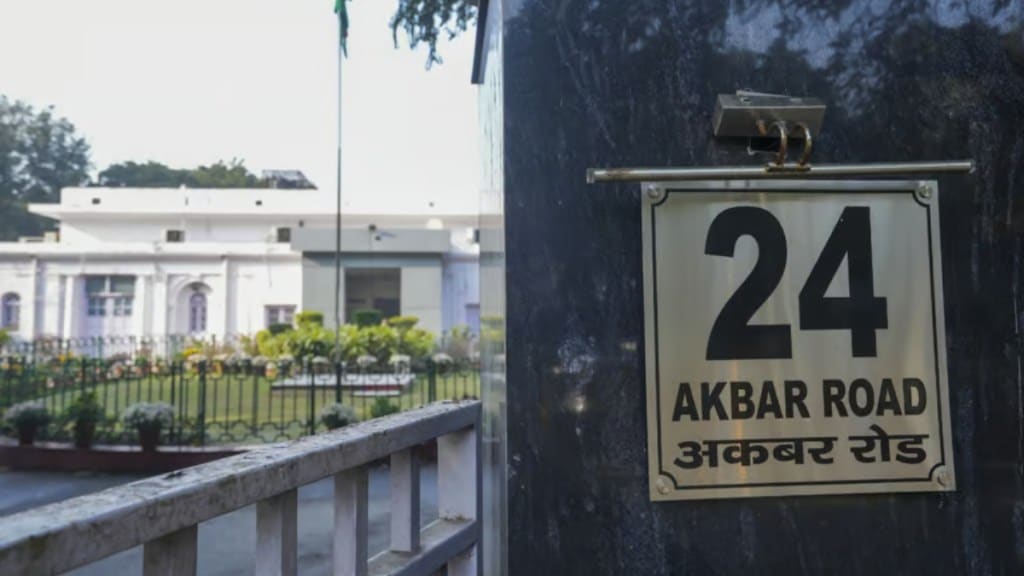Delhi is set to witness a landmark moment as the Congress party will on Wednesday inaugurate its new headquarters – Indira Gandhi Bhawan, on Kotla Road. This shift marks the end of an era at the iconic 24, Akbar Road, which is the party’s existing office space, a site steeped in nearly a century of history and political significance.
A Historic Shift After 47 Years
The relocation holds deep symbolic value for the party. Exactly 47 years ago, in the wake of the Emergency, Indira Gandhi shifted the Congress breakaway faction to the Akbar Road bungalow. At the time, she was left with only a handful of loyalists but managed to rebuild the party from this address.
The British-era bungalow has been at the heart of Congress’ journey through India’s post-Independence political landscape. It has borne witness to:
- The resurgence of Congress under Indira Gandhi.
- Sanjay Gandhi’s untimely death.
- Indira Gandhi’s assassination in 1984.
- Rajiv Gandhi’s rise as Prime Minister and his tragic assassination in 1991.
- The party’s return to power through coalition governments in 1991, 2004, and 2009.
24, Akbar Road: A Residence of Historical and Diplomatic Significance
Before becoming Congress’ headquarters, 24, Akbar Road had a distinguished history. In the pre-Independence era, Sir Reginald Maxwell, a member of the Viceroy’s executive council, resided there. Later, in the 1960s, it served as the Burmese ambassador’s residence, where Nobel Peace Prize laureate Aung San Suu Kyi spent her teenage years with her mother, Daw Khin Kyi, who served as Burma’s ambassador to India.
The bungalow’s transformation into a political nerve center is detailed in journalist Rasheed Kidwai’s book, 24, Akbar Road: A Short History of the People Behind the Rise and Fall of Congress. Kidwai chronicles the pivotal events that unfolded there, shaping not only the party’s destiny but also India’s political history.
A New Beginning at Indira Gandhi Bhawan
With the move to Indira Gandhi Bhawan, the Congress party begins a new chapter. While the headquarters on Akbar Road will no longer serve as its operational base, its legacy as a symbol of resilience and political strategy will remain indelibly etched in India’s history.

